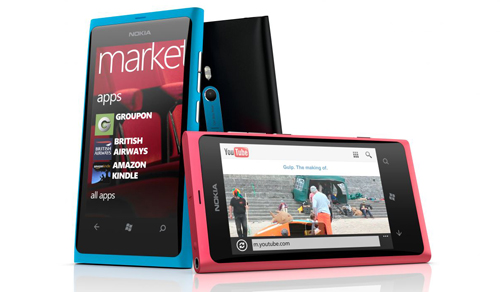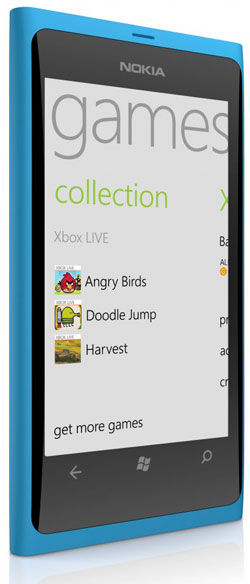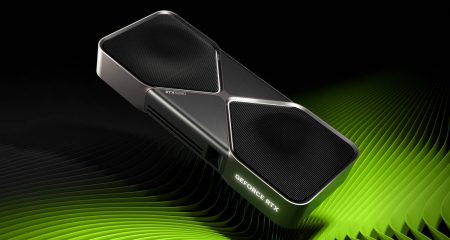
Analyst firm Gartner has expressed surprise that Nokia didn’t push support for big business when taking the wraps off its new Windows Phone-powered smartphones in London this week, questioning why the company instead focused so heavily on pitching the products at retail consumers.
Like many of his peers, Leif-Olof Wallin, research vice-president for mobile and client computing at Gartner, says he’s disappointed by the lack of an “enterprise angle” from Nokia. Even in private sessions for analysts, Nokia’s emphasis was more on small and medium-sized companies than large enterprises.
“It looks like Nokia is deserting enterprise, despite talking about going after BlackBerry,” Wallin says. The company failed to address enterprise-level security, and particularly device management, on its new Windows Phone devices.
“Nokia is clearly going head-to-head with high-end Google Android devices,” he says. “The idea seems to be to get consumers excited [about the devices] and they will drag them into enterprises. However, enterprises won’t let them in unless they can manage and control them.”
Wallin is uncertain whether this lack of enterprise support is due to Nokia not having spent enough time and money on the problem, or because it doesn’t “have enough influence over Microsoft”, which makes Windows Phone.
He adds there is a “real possibility” that the kind of functionality enterprise users demand, like the ability to control, lock, and wipe devices remotely, might come in future updates or devices, but that companies “expect enterprise-grade devices from the start”.
 For Wallin, though, the biggest piece missing from Nokia’s announcements this week was a tablet computer to take on the Apple iPad. “We’re fairly sure such a thing exists; we just think it’s too bad Nokia can’t step on it and bring it to market. Executives are buying iPads and won’t wait.”
For Wallin, though, the biggest piece missing from Nokia’s announcements this week was a tablet computer to take on the Apple iPad. “We’re fairly sure such a thing exists; we just think it’s too bad Nokia can’t step on it and bring it to market. Executives are buying iPads and won’t wait.”
Windows 7-based tablets “just don’t, and won’t, work” because of the operating system’s lack of support for touch. “Windows 8 is the first thing that can unify or converge media tablets and PCs.”
According to Wallin, Nokia must know that it won’t be able to get any real volume of tablets to market before 2013, and that in the interim Apple continues to dominate the tablet market and further entrench itself in the market.
The absence of senior Microsoft representatives at this week’s event doesn’t concern Wallin as much as the absence of any Finnish representatives. Nokia is based in Espoo, Finland.
Wallin, who has attended a dozen of the company’s annual Nokia World events, says this year is the first time Nokia’s keynote address was “100% Finn-free”.
“It’s almost like they’re making a statement; they’re saying they are moving away from their Finnish roots to become an international company.”
Wallin isn’t sure that’s a good thing and says he would have liked to have seen a Finnish Nokia executive as reassurance that, although the company is looking to reinvent itself, it remains aware of its heritage and aspires to return to its previous dominance in the industry.
However, Wallin says if one considers Nokia CEO, former Microsoft executive Stephen Elop, only joined the company in September 2010, and that it announced its Windows Phone plans in February, the fact that it has delivered its new smartphones in a mere eight months is impressive and bodes well for the future.
He says the move to Windows Phone devices means Nokia has put its faith in Microsoft in what he calls an all-or-nothing “betting-the-farm strategy”.
“Nokia can’t go back, it’s burnt the bridge and it has to go forward.” — Craig Wilson, TechCentral
- Subscribe to our free daily newsletter
- Follow us on Twitter or on Facebook
- Visit our sister website, SportsCentral (still in beta)




